Because honesty is an essential element of good writing, I’m going to start this entry with a confession: I was a traditional student. There it is. I was the most traditional of all the traditional students. I finished high school in good shape, went straight to college, chose a major quickly and finished my four-year liberal arts degree in no more (and no less) than, yes, four years. I took the road most traveled and, as well-paved routes tend to do, it treated me kindly. Until it abruptly ended.
It wasn’t until I left the relative safety of an academic arena that I started to question what really kept me motivated, challenged and engaged. The answer to that question wasn’t immediately apparent either. It took a number of starts and restarts before I had even an inkling of what I wanted. Each of those starts and restarts looked like a gap year, which is why I felt compelled to write about this topic. Having now slowly built a life around outdoor education, a life that operates essentially like a semi-permanent gap year, I hope to offer some insight.
In prepping for a big adventure, perspective is your best of best friends. Sure, you want to be thorough in your plans, but I find it’s just as important to know what not to think about as you consider a gap year. I’ll start the list there.
Don’t think about:
Every Detail
It’s so easy to fixate on small questions when it comes to big unknowns. Speaking from experience, the questions can spiral out quickly—will I be smelly? Will I be cold? Can I get from the airport to the train station without asking for directions? Will I like the food? The answer is: it doesn’t matter. If expedition learning has taught me anything, it’s that nothing goes quite according to plan. This is not an argument for neglecting preparedness. It’s just a plea, as I said, for perspective. Choosing to live a different life for a semester or a year requires an element of surrender. Have faith. The small things tend to work themselves out as soon as you stop trying to control them.
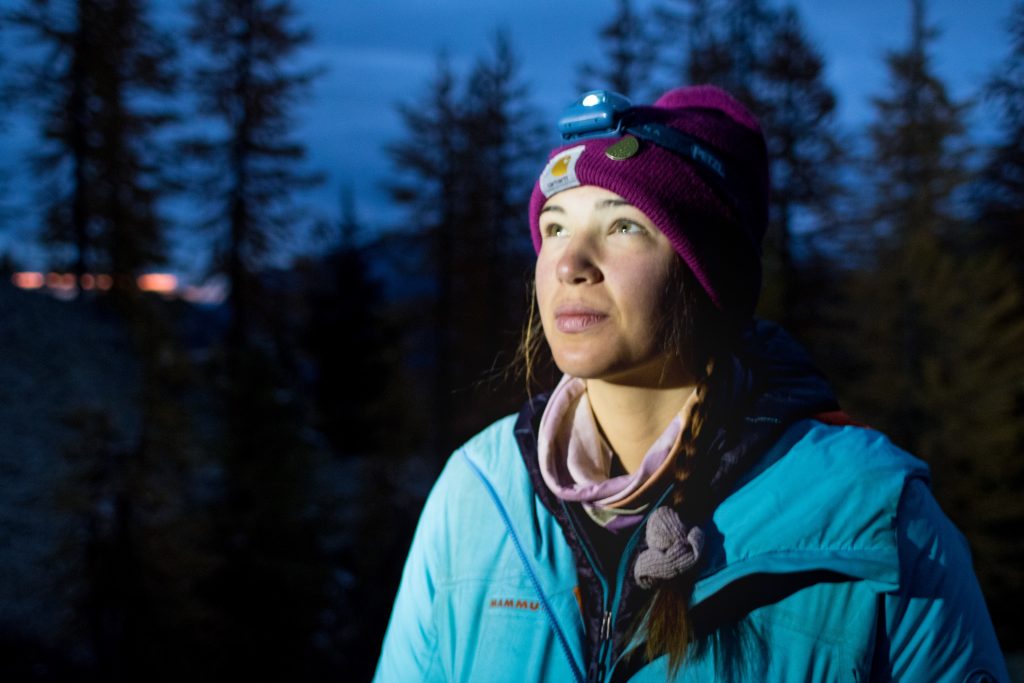
Photo by Charis Nichols
Your Expectations
I understand this is like asking someone not to think about an elephant in the room. There are expectations built up around every trip or adventure. I suppose my advice here isn’t actually to avoid thinking about such expectations, but to practice ahead of time letting them go. You will inevitably experience disappointment. Learn to recognize that feeling and slip past it. Call it what you will—optimism, resilience, flexibility—it’s an essential skill and a gap year is the ideal challenge with which to hone it.
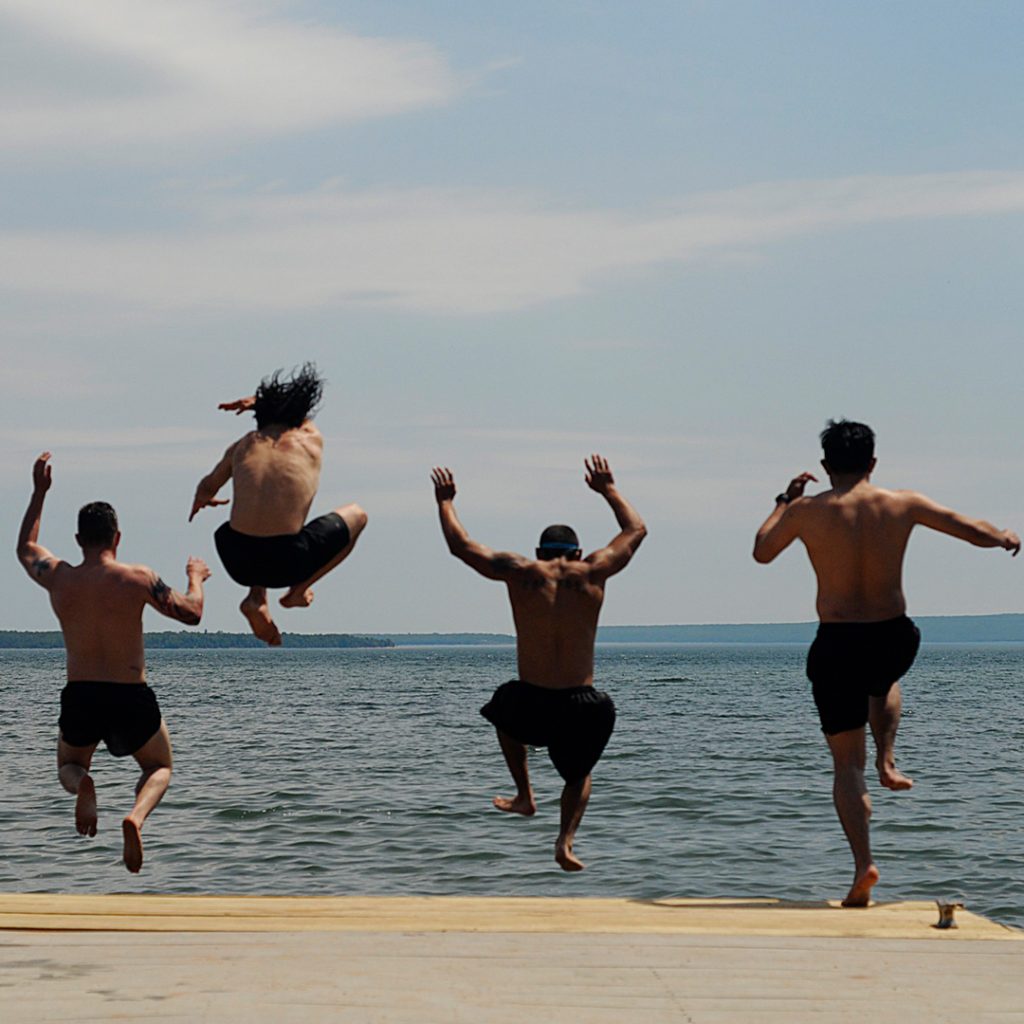
The Gap in Your Resume
The most common fear people seem to have about taking a gap year is whether it will leave a gap in their resume. I remember all the fear-mongering at the end of high school—don’t take time off or else! It could be the end of your education and your dreams! Not true. In fact, gap year programs like an Outward Bound Semester can do wonders to fill the holes traditional academia does not. Soft skills such as group management techniques and leadership styles don’t often find their way into the classroom, yet they are essential in every work environment, no matter your field.
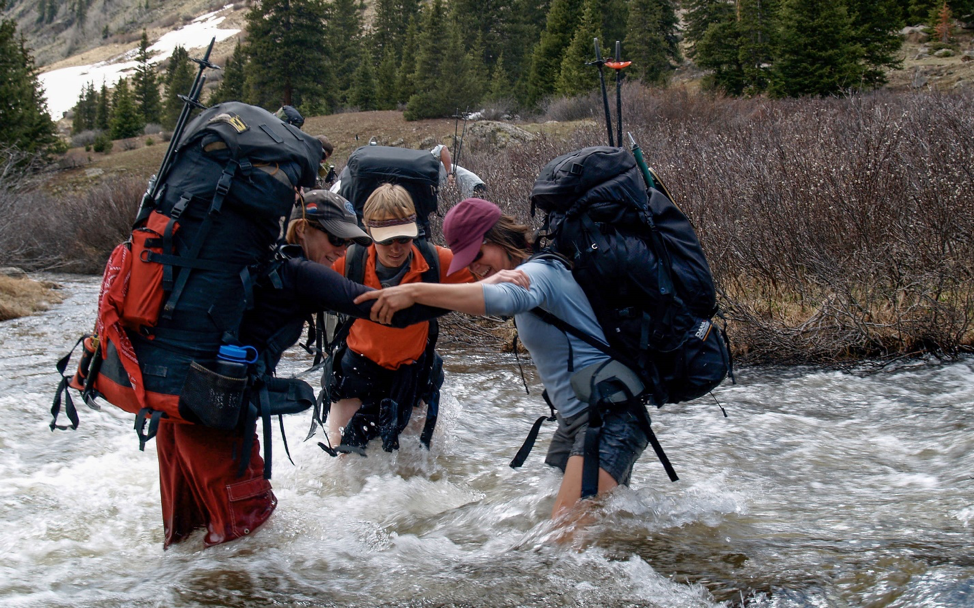
Now, on to the affirmatives.
Do think about:
Structure
Of course you can go it alone and plan a gap year entirely on your own. It affords you great freedom and flexibility. The details can also become overwhelming, as mentioned above, in which case there are many programs to choose from to alleviate some of the logistics burden. More structured programs also offer other pros like a built-in community and often a curriculum you can point to later when applying for school or jobs—for those still worried about that potential resume gap.
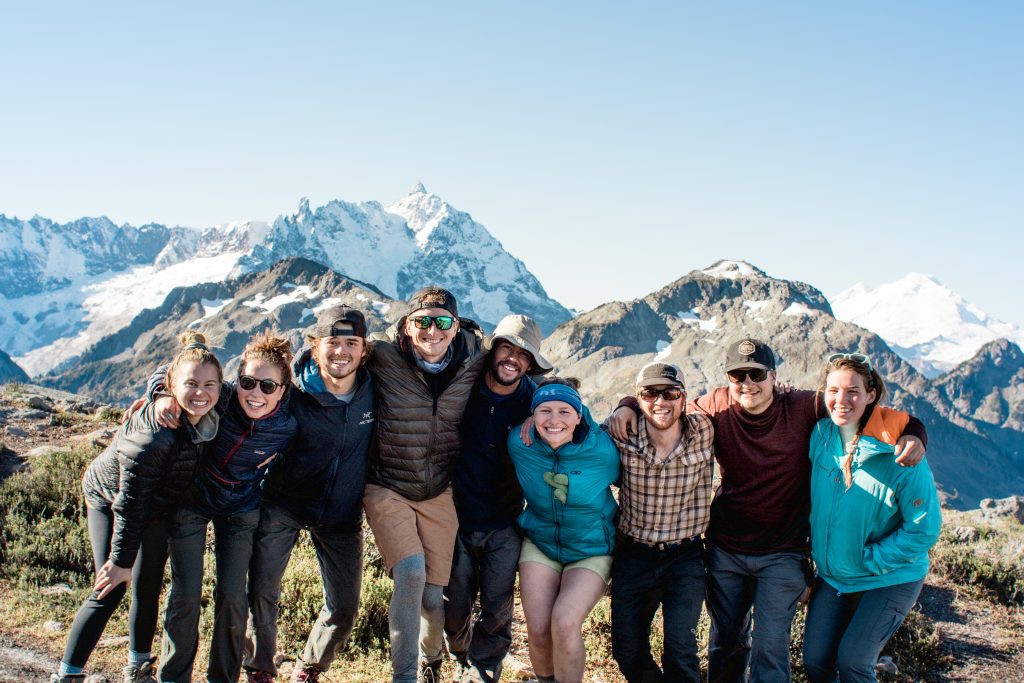
Photo by Charis Nichols
Skills to Be Gained
Another way to combat the resume gap would be to plan your year around a few skills you want to gain, or skills you think you want to gain. I have a friend who thought she might want to go into animal husbandry, so she took a few months off to work on a sheep farm in New Zealand. As it turns out, she hated sheep and realized she never wanted to set foot on a farm again, so she ended up going to school for literature and environmental science instead. Gap years are the perfect setting for trial and error. You can add as many experimental elements as you want and if a few of them go awry, that information is just as useful as the whole thing running smoothly. The stakes are low—no one is asking you to declare a major, pick a future, or even stick to a familiar version of yourself. The point is exploration.
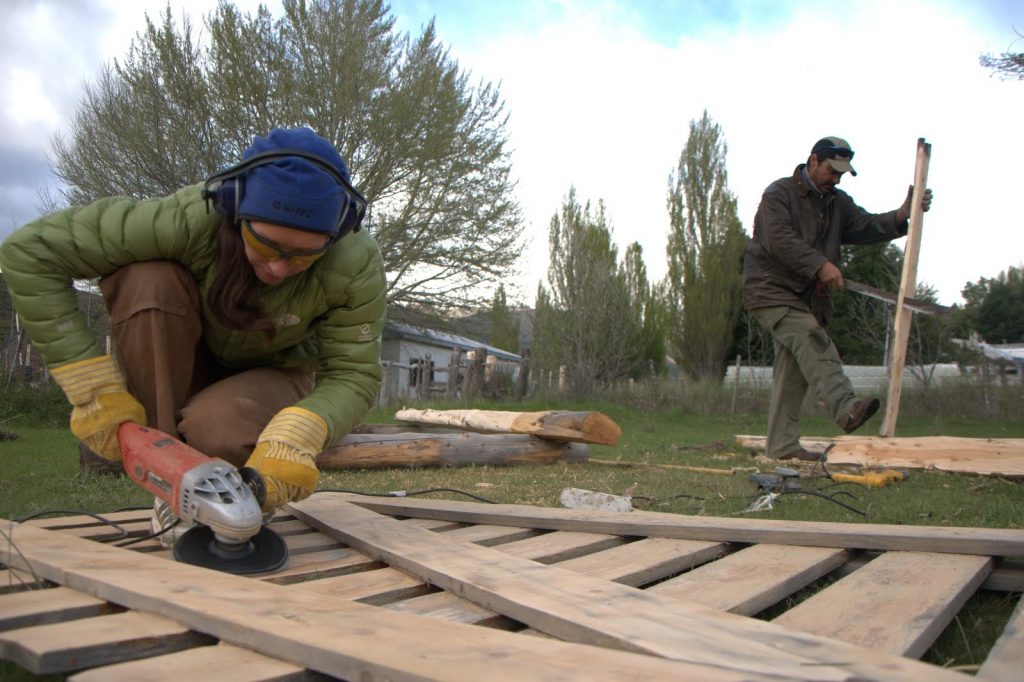
Setting
Likely this is the first question you’ll ask as soon as a gap year enters your radar; what kind of place do you want to go? Obviously there are a ton of options. Rural, urban, domestic, abroad, wilderness, home-stays—and the list goes on. A blog post is not going to answer what’s best for you, but I include it here in order to encourage you to be bold. A key tenet of the Outward Bound philosophy, and one I’ve found to be true throughout my life, is that challenge is the mother discovery. Take an honest look at your options and check in with your body as you run through the list. Does your stomach twist thinking about 45 days in the backcountry? Or maybe your heartrate spikes imagining having to speak a foreign language? Pick a setting that scares you. Take a deep breath. Then go for it.
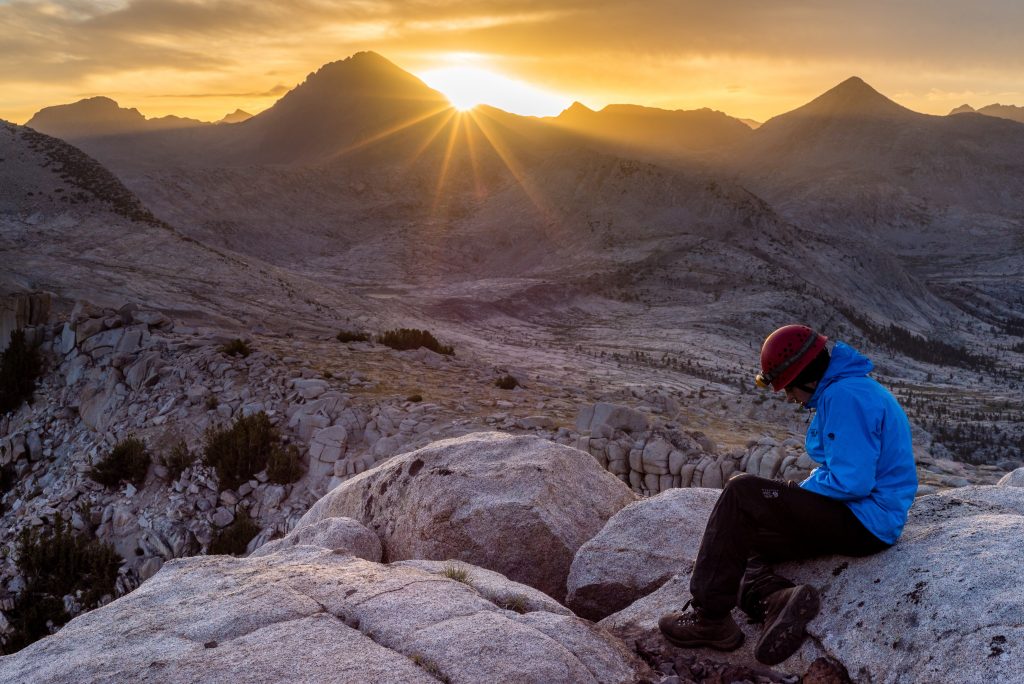
Photo by Rikki Dunn
Packing Less
My final, and perhaps most deadly serious, piece of advice is to not pack what you were going to pack. Think you need that cherry-scented lotion in the woods? You don’t. Convinced you need three back-up shirts in case your other four get dirty? I promise you’re wrong, which I say lovingly but firmly. Eliminate your duplicates and use your ingenuity. Speaking from experience, traveling light is always worth it.
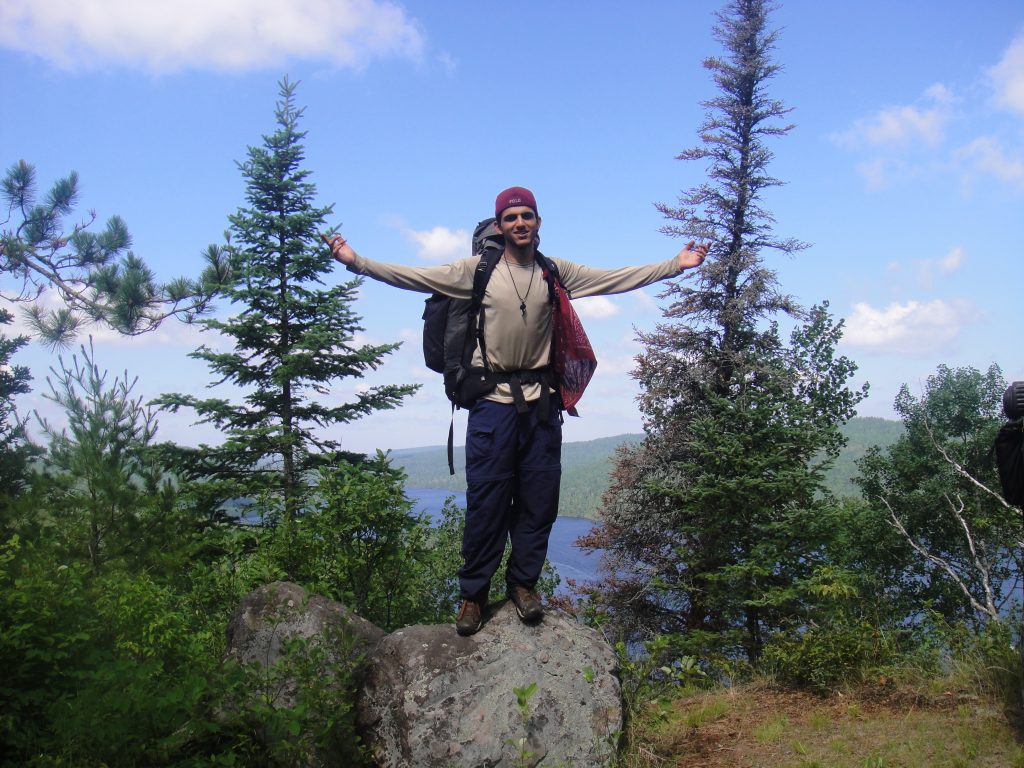
Good luck! And remember, there is more in you than you know.
About the Author
Kate is a logistics coordinator for the Rocky Mountain Program at the Colorado Outward Bound School in Leadville, Colorado. She holds an MFA from the University of Montana and currently splits her time between working in the high country and relaxing in Denver, where she walks her sister’s dog and eats her parents’ food.
OTHER POSTS YOU MAY LIKE
Read More
Read More
Read More




